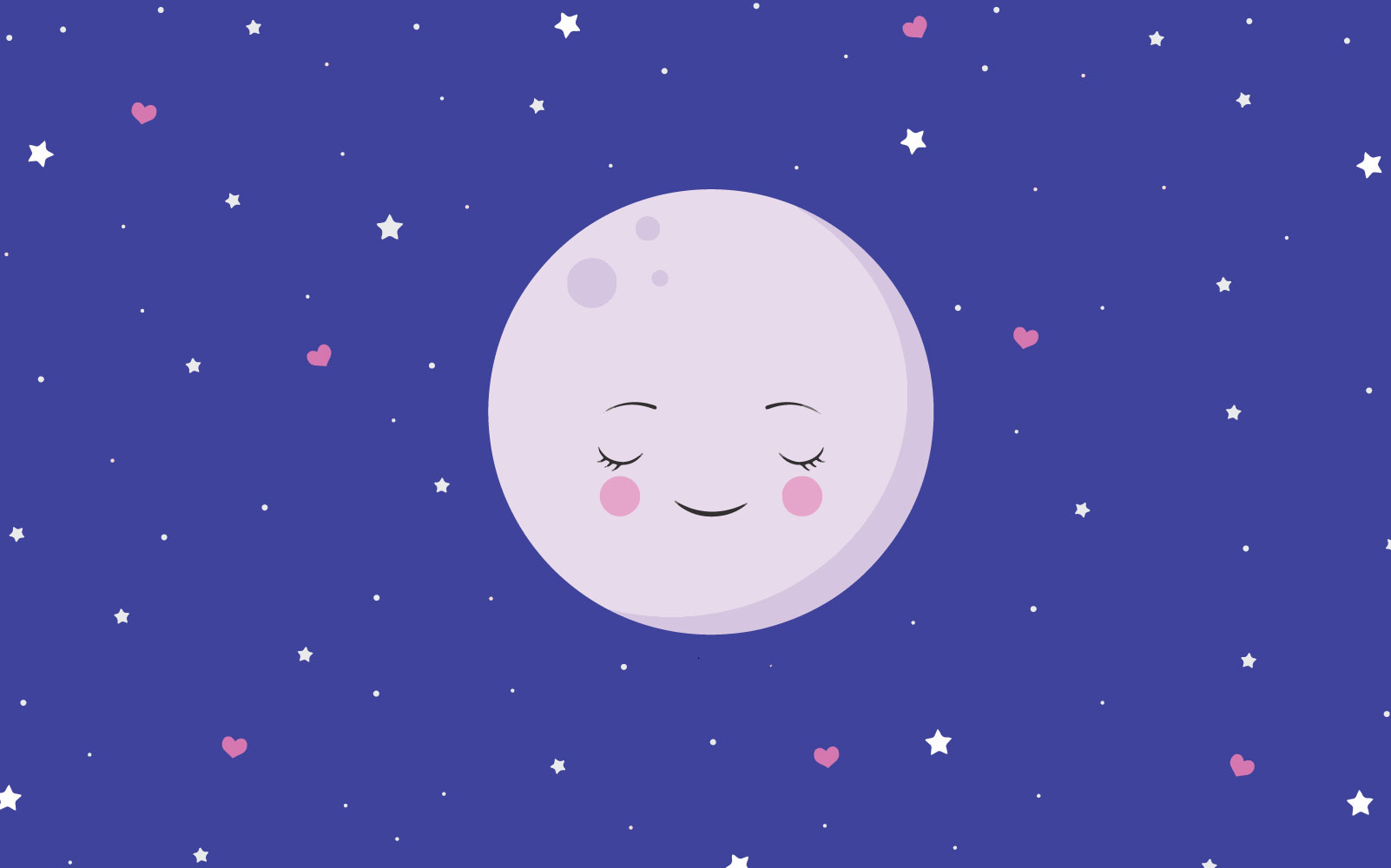Everyone has felt the rush, excitement, and elation during the honeymoon phase, but once we get over it, that’s when we starting getting into trouble.
Couples are using psychedelics to connect with one another and remind themselves why they entered the relationship in the first place. As it turns out, the lessons they’re learning apply to mental health and relationships more broadly.
Psychedelics in Couple’s Therapy
This week, Vice published an article about a couple that uses mushrooms to work on their relationship. The couple set aside time away from their daily rigamarole of work in order to be with each other in a special, heightened way. In doing so, they created their own kind of ceremony that facilitated the psychedelic therapy experience.
Processing their emotions was a key factor in how psychedelics helped their relationship, which is the case with those suffering from depression and other mental health issues, in general.
Emotional Healing
A recent study found that patients treated with psilocybin saw improvements in their romantic relationships six months after the initial dose. It wasn’t a study on psychedelics and couples therapy, but rather, people with depression. Their partners were not involved in that process. After their psilocybin journey, they found relief due to the changes they experienced in “how they connected with others and how they processed their emotions.” On an individual level, changing their relationship to their feelings helped their relationships.
The lead doctor of the depression study went on to say, “One of the two key themes was that of going from disconnection to connection with others and the world around them. The other was about going from avoiding emotion, to accepting it.”
Extreme Disconnection
PTSD is indicative of an extreme disconnection from self. Psychedelic-assisted therapy is effective in these cases because the person relives the traumatic experiences while staying connected to their emotional experience. Evidently, this would apply to the processing of other traumatic experiences as well.
Regardless of how traumatic one’s experience may be, we do not live in a culture that values emotion. We stigmatize feelings, and we have a lot of mental health issues to prove it. We’re not quite seeing how big of a role feelings play into our health, overall.
In cognitive science, for example, emotions have been categorized as separate from cognitive states. American neurologist Joseph Ledoux observed the opposite. “The brain mechanisms that give rise to conscious emotional feelings are not fundamentally different from those that give rise to perceptual conscious experiences,” Ledoux says. In short, we think therefore we feel.
One of the byproducts of getting in touch with our feelings is that we can engage with others more authentically in the moment. This helps us actually see the person with whom we are in a relationship.
Honeymoon Phase on Campus
An article in Time examined the astronomical rise of depression among college students and how colleges are unequipped to provide adequate support. The magnitude of the problem is staggering.
“In the spring of 2017, nearly 40% of college students said they had felt so depressed within the past 12 months that it was difficult for them to function, and 61% of students said that they had ‘felt overwhelming anxiety’ within the same period.” These statistics came from a study organized by the American College Health Association that included 63,000 students at 92 schools.
What researchers noted was that “problems emerge near the middle of the semester, when the honeymoon period of a new school wears off and midterms begin.”
Though not romantic in nature, the parallel to relationships is clear.
The Culture of the New
We seem to have beginnings down. When the situation moves out of the novel phase, however, and “gets real,” then it gets tricky. We run into problems when things start to change. As a culture in the modern era, we how to make new things and buy new things, but we don’t know how to make things last.
Once the honeymoon phase is over, in any relationship–romantic or your pending adulthood, we can have an emotional time. That’s normal. We’re supposed to feel things when they change. We evolve.
Psychedelic therapy shows immense promise in giving us a space to evaluate how we, individually and as a whole, struggle with feelings that get “old.” We are renewed. Hopefully, we will learn how to appreciate a thing that ages like wine and that becomes more subtle, complex, and flavorful because of it.















